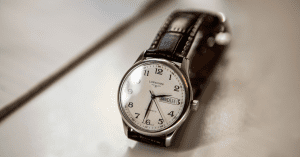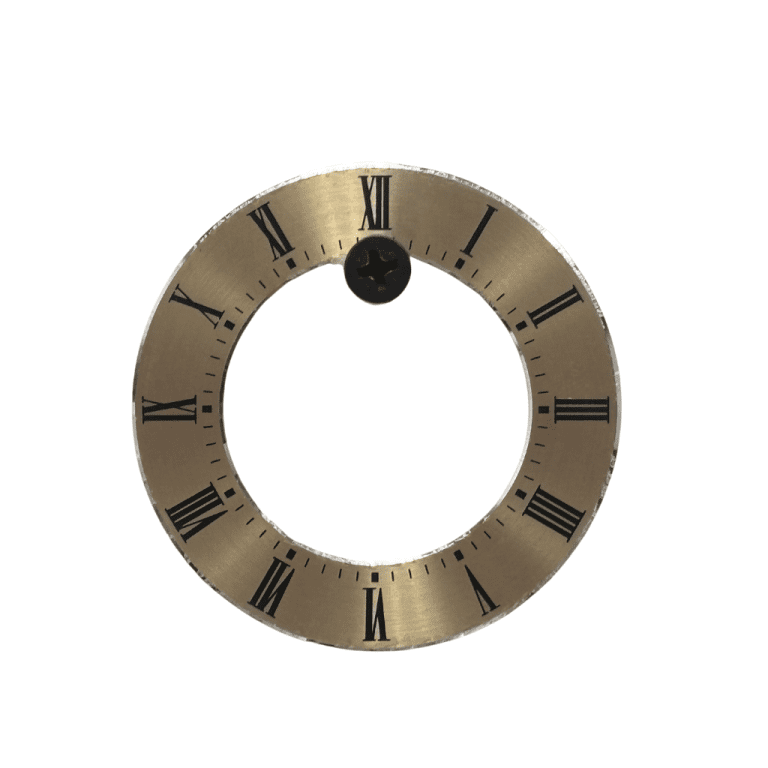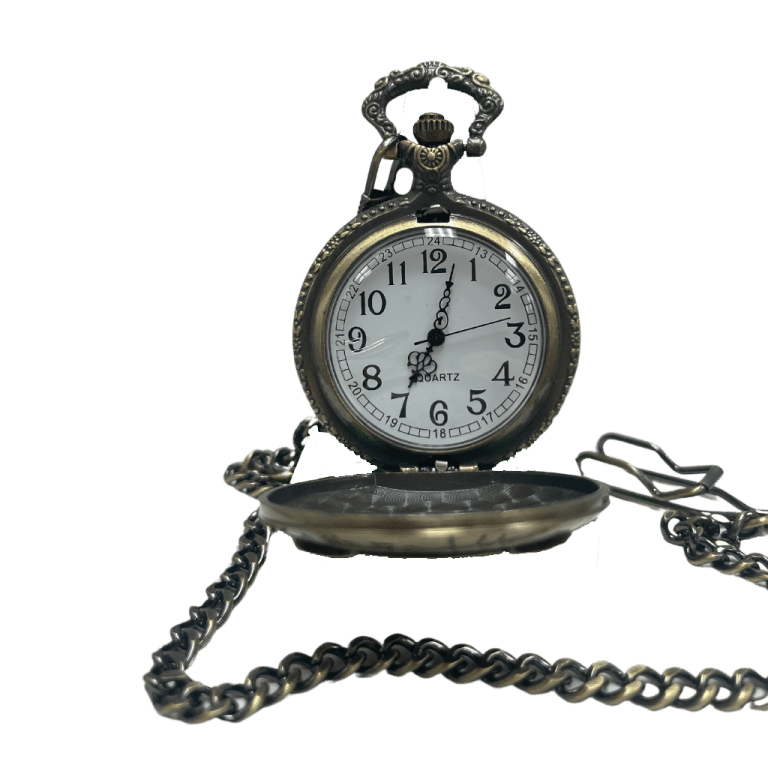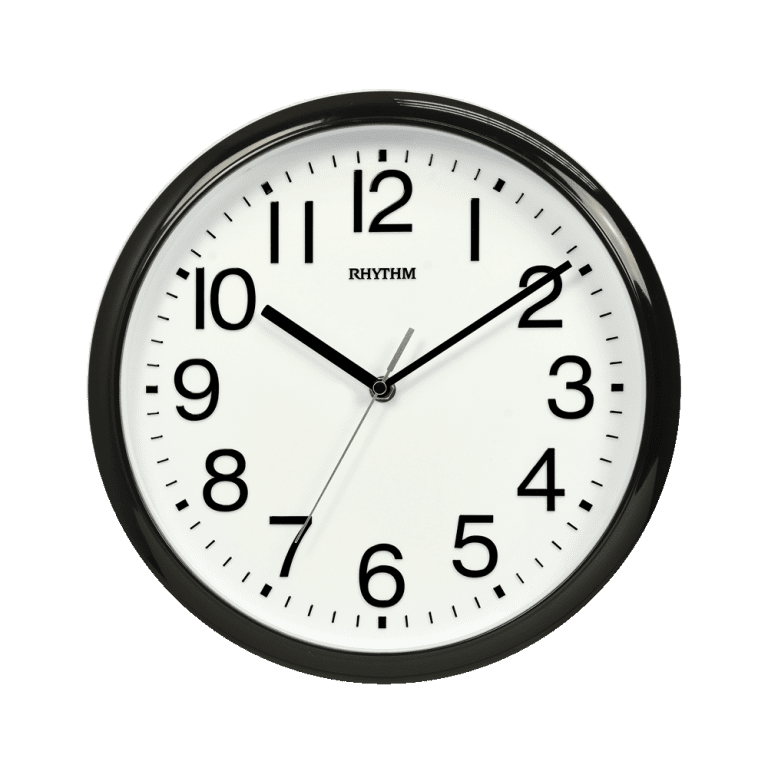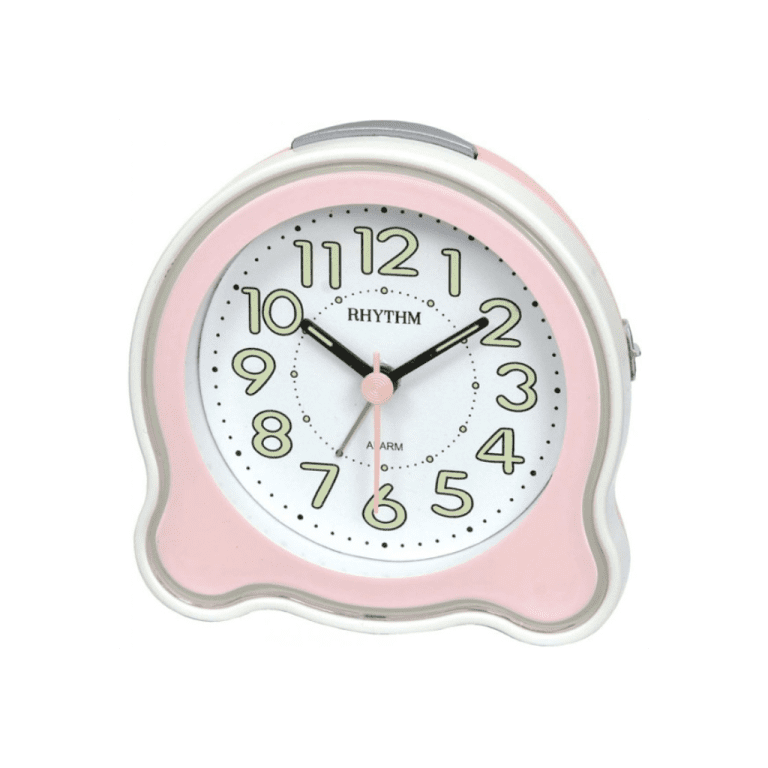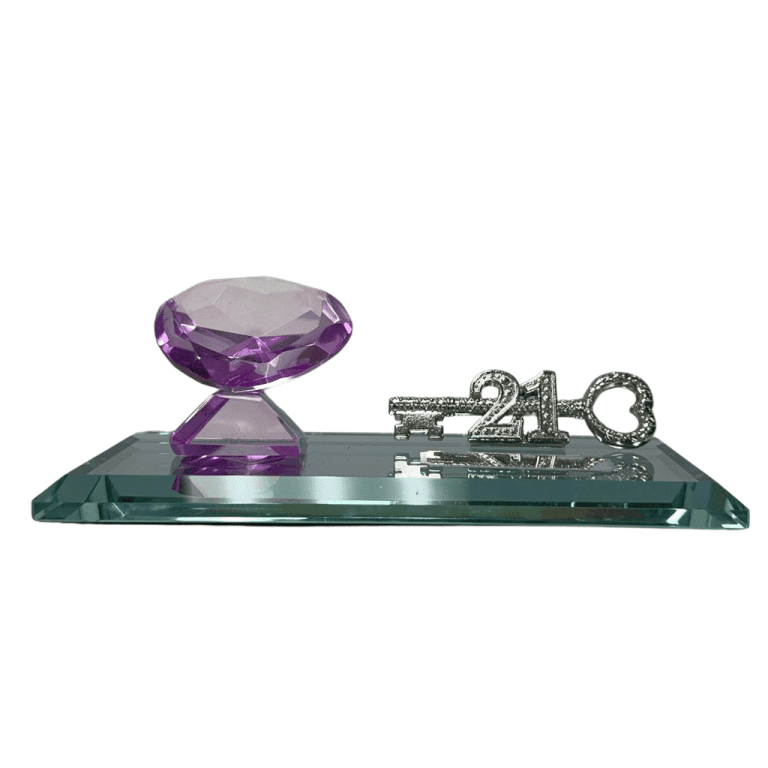The alarm clock, a device most of us rely on daily, has a surprisingly long and fascinating history. While it may seem like a modern invention, the idea of a tool to wake people at a specific time goes back thousands of years.
The earliest known alarm clock dates back to ancient Greece. The famous philosopher Plato (around 400 BCE) is said to have owned a water clock, known as a clepsydra, that could be set to make a sound at a chosen time. These water clocks worked by dripping water at a steady pace into a container; when the container filled, it triggered a whistle-like noise, effectively “alarming” the user. It was a simple but clever design that allowed people to wake up or be reminded of important events.
Later, in the 3rd century BCE, the Greek engineer Ctesibius of Alexandria improved on water clocks by adding gears and mechanisms to control timing more accurately. His designs influenced timekeeping for centuries and were the foundation for future alarm clock concepts.
By the medieval period, monks used alarm-like systems to regulate prayer times. Monasteries often relied on large tower clocks with bells that rang at set hours. While not personal alarm clocks, these communal time signals were vital for keeping religious and community schedules.
The first mechanical alarm clock as we recognize it today appeared in the 15th century in Europe. These early designs had gears and a striking mechanism that could be set to ring a bell at a specific time. However, they were large, expensive, and mostly used by wealthy households.
In the 18th century, alarm clocks became more practical. In 1787, Levi Hutchins of New Hampshire invented a personal alarm clock that rang at 4 a.m.—the time he wanted to wake up. Interestingly, his clock could only ring at that hour, not be reset for different times.
Mass production in the 19th century made alarm clocks more affordable and widely available. By then, people living in industrial cities needed to wake up on time for factory shifts, making the alarm clock a household necessity.
Today, alarm clocks range from classic wind-up models to digital apps on smartphones. Yet, their origin reminds us that the desire to control and manage time has always been part of human life.



